Question And Answer
Publications
Articles, publications, books, tools and multimedia features from the U.S. Institute of Peace provide the latest news, analysis, research findings, practitioner guides and reports, all related to the conflict zones and issues that are at the center of the Institute’s work to prevent and reduce violent conflict.

Elite Capture and Corruption of Security Sectors
The objective of US security sector assistance is to help build effective, accountable, responsive, transparent, and legitimate security sectors in partner nations to address common security risks. Such action ultimately benefits US national interests, as when the United States modernized West Germany’s military during the Cold War; when US security sector support to South Korea helped the United States deter regional threats; and when, in Ukraine, US security sector assistance contributed to success in fending off Russian aggression in 2022. Similarly, the United States helped Georgia turn its traffic police into one of the most trusted institutions in the country, supported Albania as it updated the governance of its security forces, and assisted Colombia in making progress toward ending its long-standing armed conflict.

Behavioral Science and Social Contact Peacemaking
Although social contact theory — the idea that encountering someone with a different group identity can lead to greater understanding, empathy, and trust — has become a bedrock of most peacebuilding initiatives in recent decades, doubts remain about whether such initiatives prevent violence. This report provides practical insights and recommendations for improving peacebuilding efforts by more effectively factoring an understanding of human behavior into the design, implementation, and evaluation of social contact interventions.
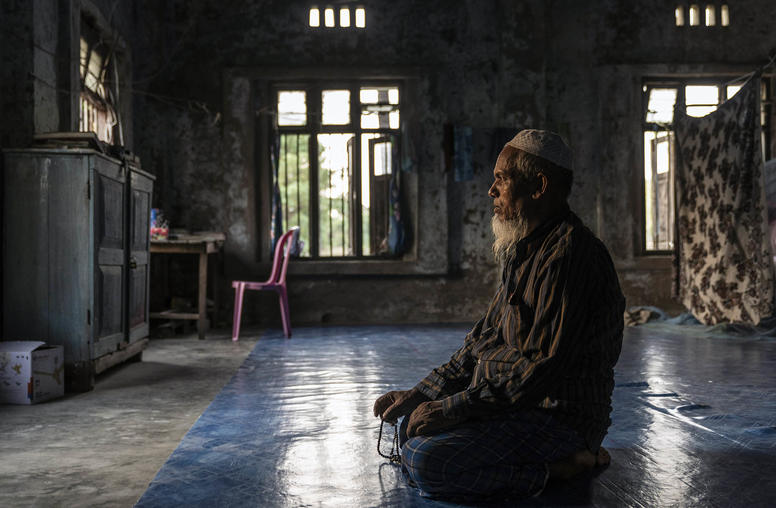
Maintaining International Religious Freedom as a Central Tenet of U.S. National Security
In 2021–22, USIP’s Religion and Inclusive Societies Program convened a bipartisan working group of advocates, academics, and former government officials to discuss how the United States can advance global peace and stability by embracing international religious freedom as a major pillar of its diplomatic engagement. This report, written by the working group’s co-chairs, examines the history of the US commitment to international religious freedom and the challenges to ensuring that it remains a central tenet of US foreign policy and national security.
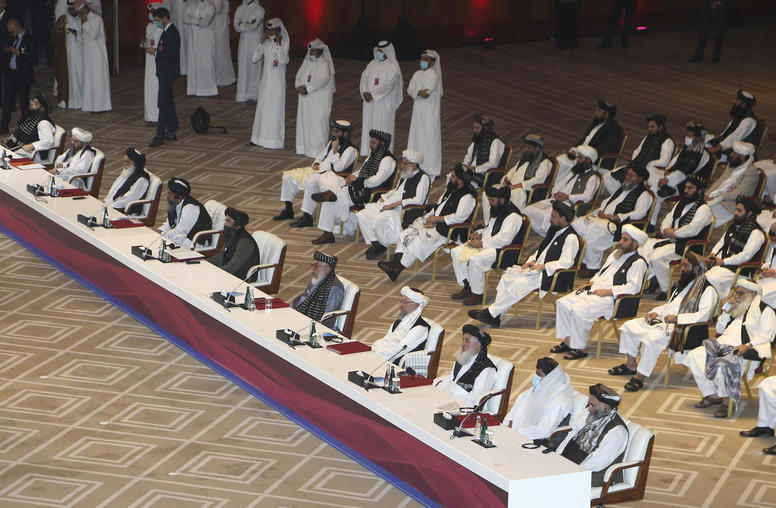
Why Was a Negotiated Peace Always Out of Reach in Afghanistan?
August 30, 2022, marks the one-year anniversary of the last US troops leaving Afghanistan. During America’s 20-year military intervention, there were several opportunities to negotiate peace among the Taliban, the Government of the Islamic Republic of Afghanistan, and the United States—but these opportunities were missed, went unrecognized, or were deliberately spurned by one or more of the parties. In this important history, Steve Brooking, the first British official sent into Afghanistan after 9/11, examines why the three parties were unable or unwilling to reach a negotiated settlement.
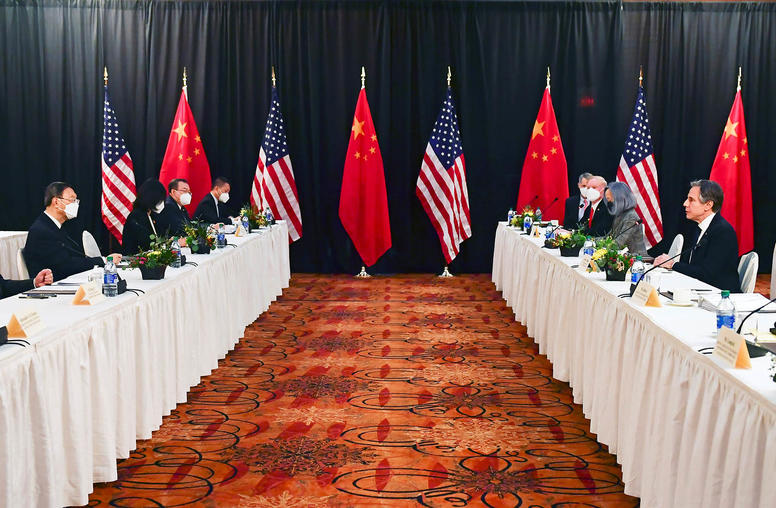
US-China Signaling, Action-Reaction Dynamics, and Taiwan: A Preliminary Examination
The United States and China have found it challenging in recent years to interpret one another’s foreign policy signals vis-à-vis Taiwan. Misinterpretation of the signaling may contribute to a cycle of actions and reactions that can inadvertently elevate bilateral tensions to the point of crisis or even war in the Taiwan Strait. This report, co-authored by three USIP experts and three experts from China’s Shanghai Institutes for International Studies, examines the challenges to clear and unambiguous US-China communications over Taiwan and provides preliminary recommendations for overcoming them.
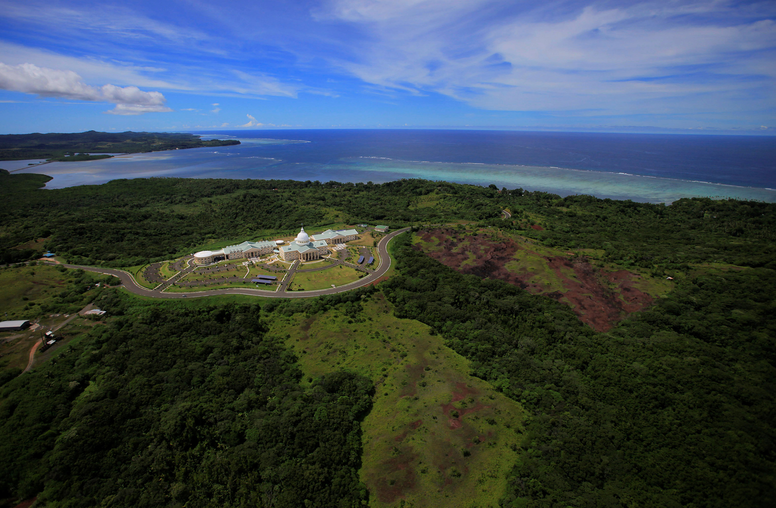
China’s Influence on the Freely Associated States of the Northern Pacific
Around the world, Beijing is investing heavily in diplomatic, security, cultural, and economic ties in a bid to increase its global influence, strengthen its ability to protect and advance its national interests, attract support in multilateral fora and international institutions, and fracture the global consensus on key issues it views as unfavorable to its geopolitical ambitions. The Pacific Islands region—defined as the vast stretch of Pacific Ocean between Asian littoral waters in the west, Guam in the north and Hawaii in the northeast, and Australia and New Zealand in the south and southwest—has been no exception.
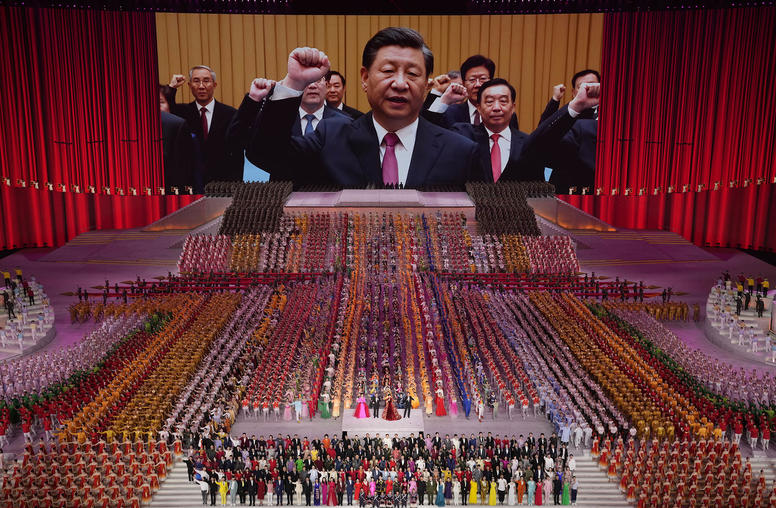
Beijing’s Strategy for Asserting Its “Party Rule by Law” Abroad
Under the leadership of Xi Jinping, the Chinese Communist Party has taken steps to assert more influence over the international legal system and to shape the global legal environment to better serve its political and economic objectives. This report examines the potential ramifications of China’s assertive use of new legal tools for US interests and international stability, and discusses several options that the United States and its partners can pursue to bolster the rules-based order that underpins global stability and cooperation.
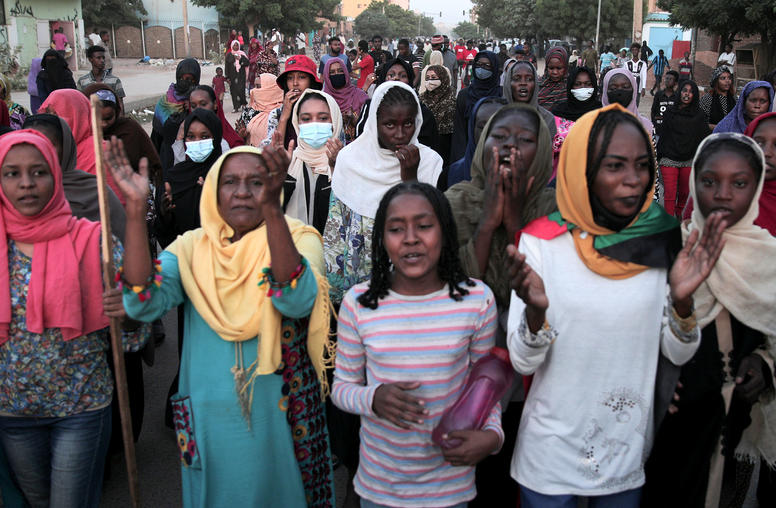
Darfur after Bashir: Implications for Sudan’s Transition and for the Region
This report examines the role of Darfur in Sudan’s domestic politics and international relations since the overthrow of Omar al-Bashir in 2019. It traces how Darfur’s importance has shifted with the growing aspirations and power of Mohamed Hamdan Daglo – more commonly known as Hemetti – and the Rapid Support Forces that he governs. It concludes by examining where Western actors may have leverage to push for both peace in Darfur and civilian rule.
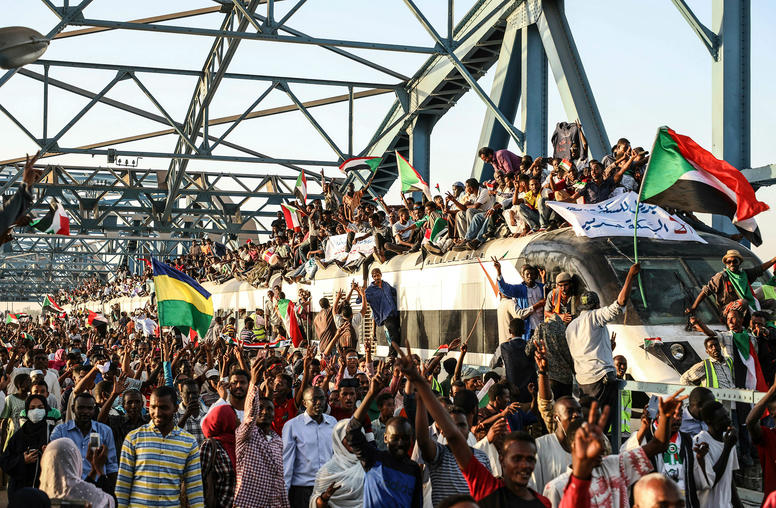
Sowing the Seeds of Nonviolent Action in Sudan
From 2013 to 2018, Sudanese civil society actors carved out a variety of civic spaces that laid the foundation for Sudan’s 2018–2019 December Revolution. This report assesses the factors that gave rise to this remarkable mobilization—in particular how civil society development ultimately enabled the Sudanese opposition to sustain a decentralized, nationwide, and robust nonviolent campaign characterized by widespread mass participation, unity of leadership and purpose, and a commitment to nonviolent discipline—and what it will take to keep the country’s democratic transition on track.
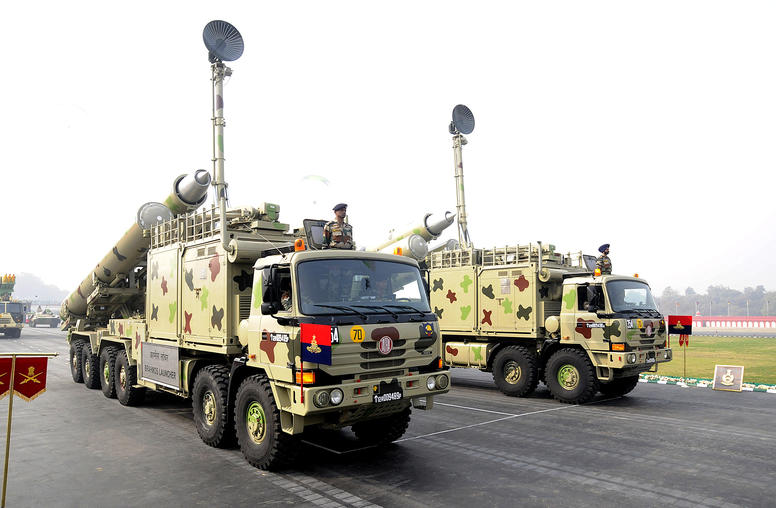
Enhancing Strategic Stability in Southern Asia: USIP Senior Study Group Final Report
This report reviews the challenges posed by changing strategic circumstances in Southern Asia, assesses a range of US policy options, and presents a set of priority recommendations for US policymakers.